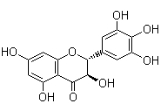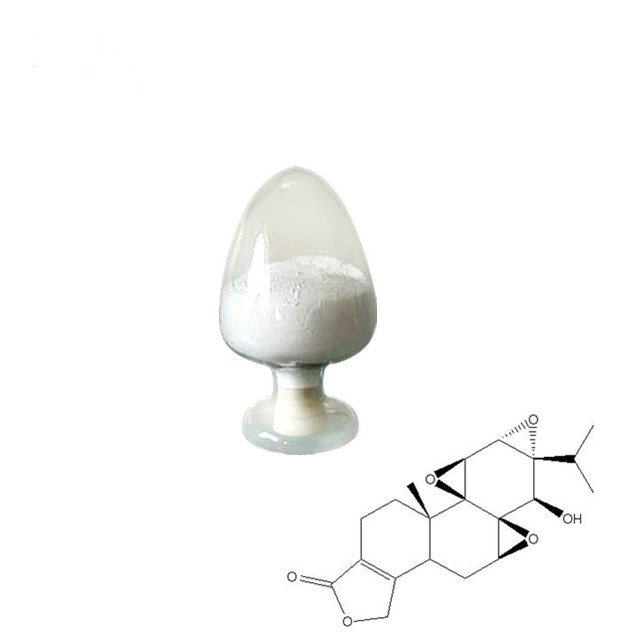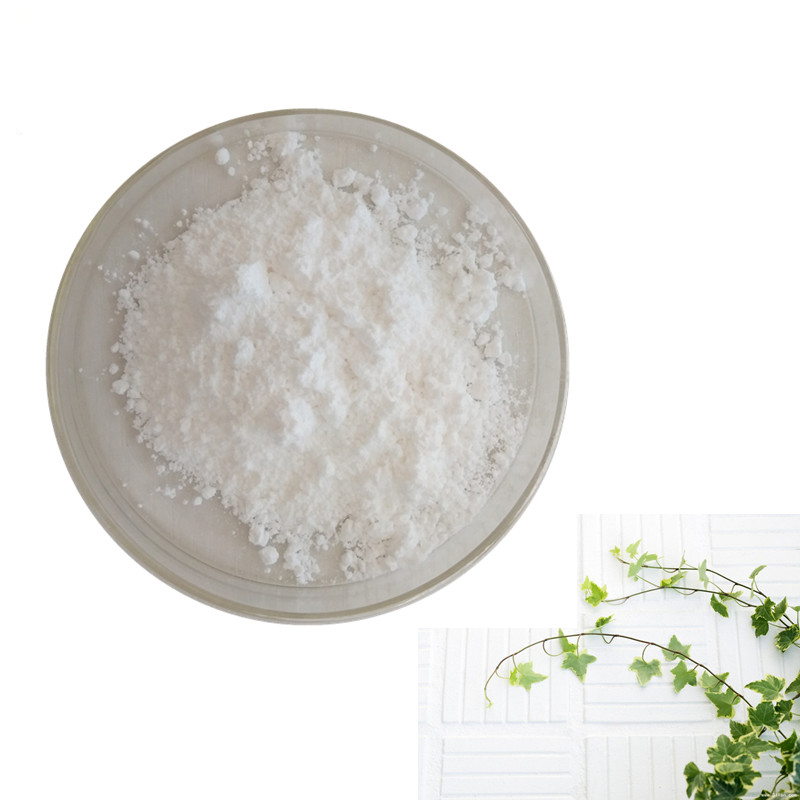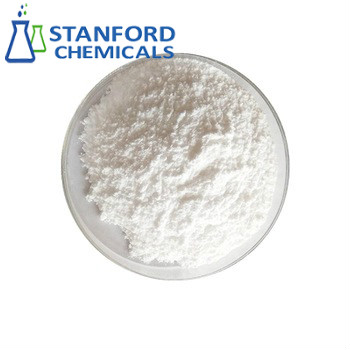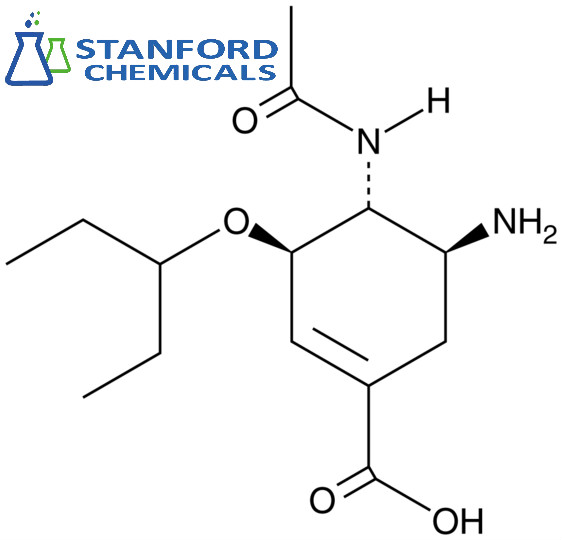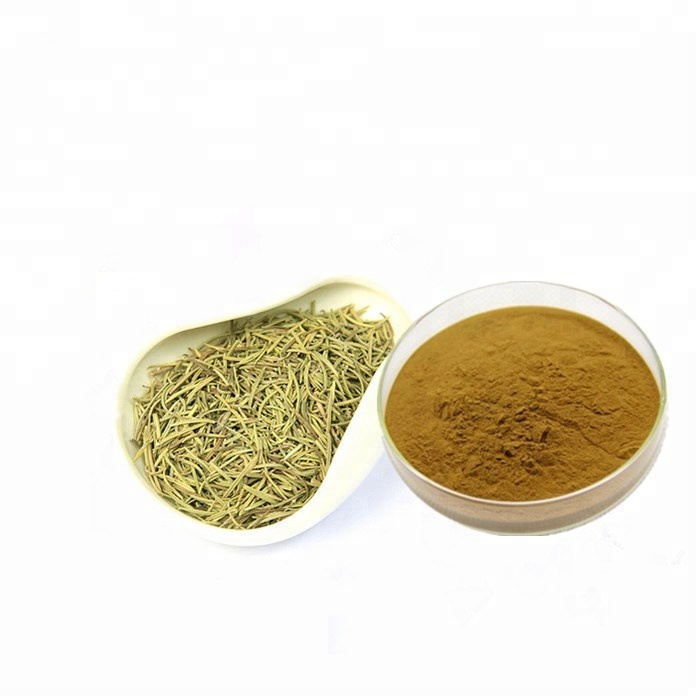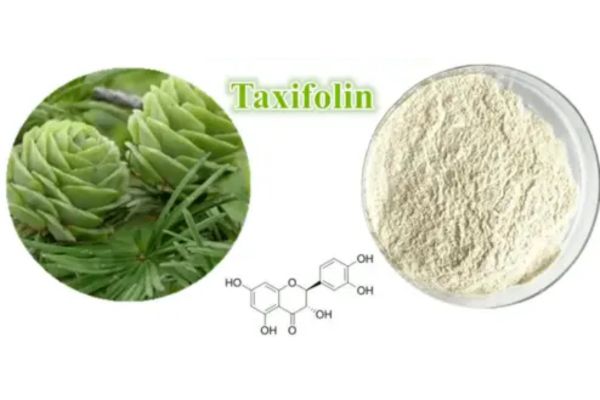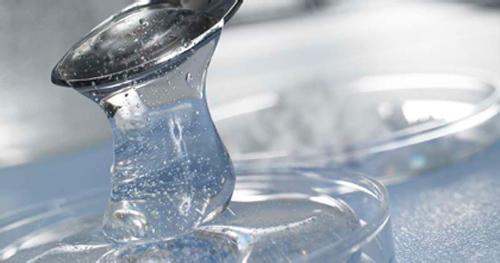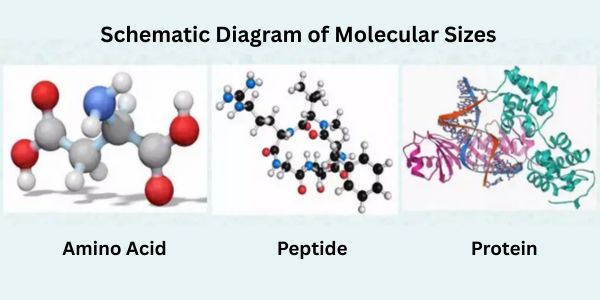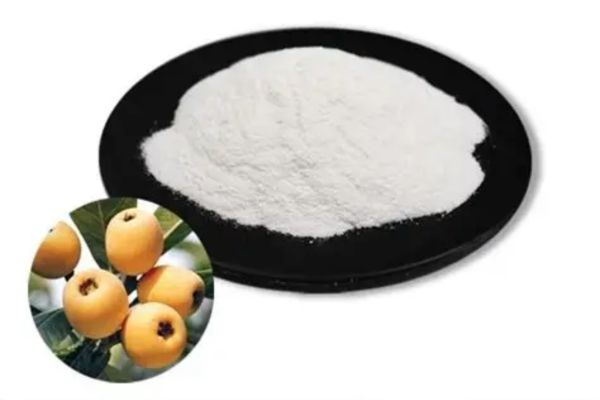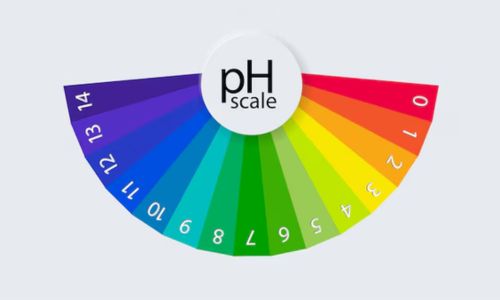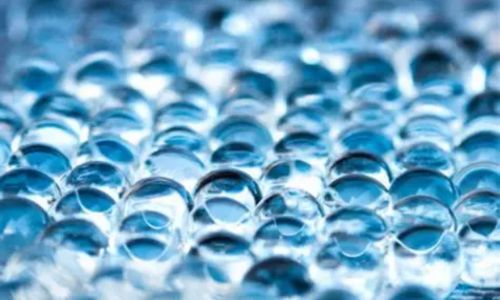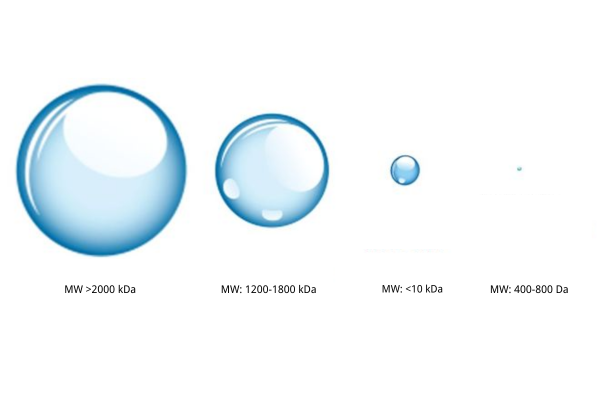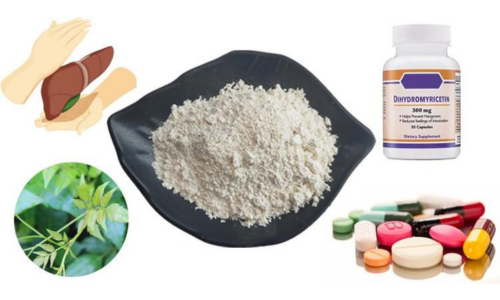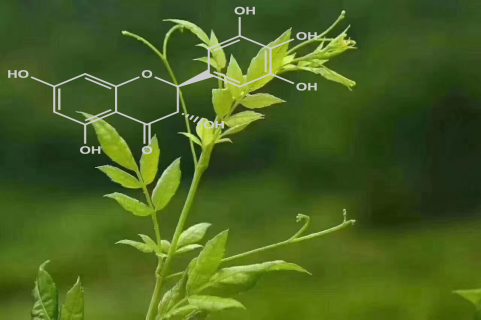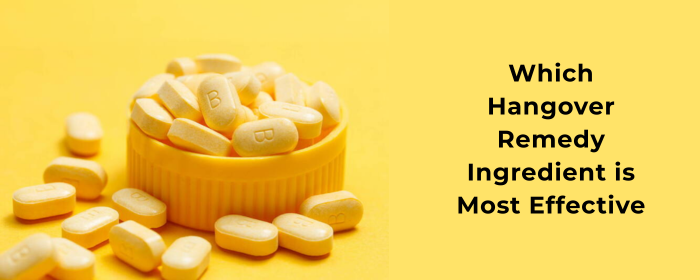An increasing number of natural herbal extracts are being incorporated into beauty products to meet consumers' demands for healthy, safe, and effective skincare. Dihydromyricetin (DHM), as a naturally bioactive compound with multiple biological activities, has garnered widespread attention in the skincare field in recent years.
What is Dihydromyricetin
Dihydromyricetin (DHM) is a flavonoid compound primarily found in plants such as vine tea. As a natural antioxidant, DHM is renowned for its powerful antioxidant, anti-inflammatory, and antibacterial properties. The significant liver-protective effects of dihydromyricetin have been confirmed by numerous scientific studies, making it commonly used for liver protection and alleviating hangovers. Additionally, DHM has been extensively researched for the prevention and treatment of various diseases, including alcohol poisoning, liver fibrosis, and certain types of cancer.
Current Main Uses of DHM:
- Liver Protection: DHM protects liver cells from damage and promotes liver function recovery by reducing liver inflammation and oxidative stress.
- Hangover Relief: Studies have shown that DHM can accelerate alcohol metabolism, reducing hangover symptoms such as headaches, nausea, and fatigue.
- Antioxidant: DHM effectively neutralizes free radicals, reducing oxidative stress-induced cellular damage.
- Anti-inflammatory and Antibacterial: Its anti-inflammatory and antibacterial properties make it potential for treating infections and inflammatory diseases.
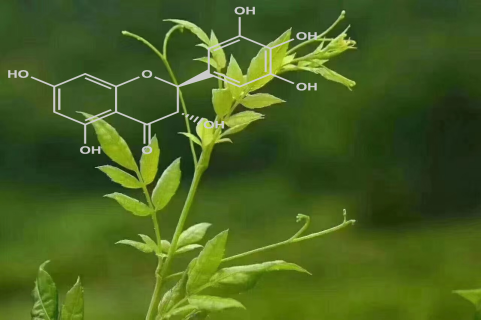
Fig 1. Plant source of DHM, rattan tea
Multiple Benefits of Dihydromyricetin for Skin
Based on its strong antioxidant and anti-inflammatory properties, dihydromyricetin is considered to have broad skincare potential.
Firstly, it helps the skin eliminate free radicals. Free radicals are one of the main factors causing skin aging and damage. As a highly efficient antioxidant, DHM can neutralize free radicals, reducing their destructive impact on skin cells. This plays a crucial role in skin anti-aging, as it can decrease the formation of fine lines and wrinkles, delaying the skin aging process.
The benefits of dihydromyricetin for the skin are also reflected in its anti-lipid peroxidation effects. Lipid peroxidation is a common damage mechanism when the skin is exposed to external factors such as ultraviolet rays and pollutants. DHM can inhibit lipid peroxidation reactions, protect the integrity of cell membranes, and reduce skin inflammation and damage caused by lipid peroxidation.
Dihydromyricetin has significant anti-inflammatory and antibacterial effects, making it suitable for repairing the facial barrier. Inflammation and bacterial infections are the root causes of many skin problems, such as acne, redness, and skin sensitivity. DHM can inhibit the release of inflammatory mediators, reducing the skin's inflammatory response.
Studies have shown that DHM inhibits various pathogenic bacteria. It can prevent and control bacterial-induced skin issues like acne, maintaining skin cleanliness and health. Additionally, research has found that dihydromyricetin is a natural DNA methylation inhibitor, which has the effect of repairing human skin.[1]
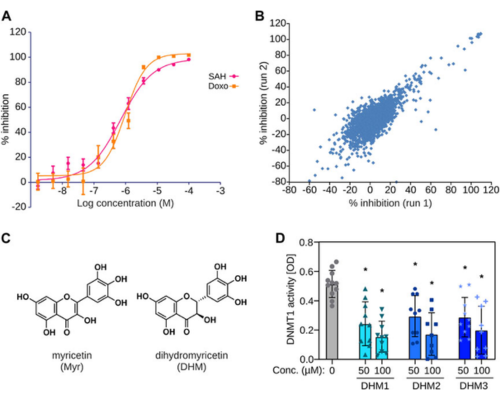
Fig 2. Identification of DHM as a DNMT inhibitor
Skincare Products That Already Use Dihydromyricetin
Some brands have begun incorporating it as a functional ingredient into their product lines. Dr. Dennis Gross, a well-known skincare brand, used dihydromyricetin in their 2020 C+ Collagen Brighten & Firm Vitamin C Serum. This product is designed to improve overall skin health by combining DHM with vitamin C. Another product containing dihydromyricetin comes from Peter Thomas Roth, launched in 2021 as the Potent-C™ Targeted Spot Brightening Corrector. In this product, dihydromyricetin provides strong antioxidant protection, slows down aging caused by environmental factors, and helps enhance the skin's resistance to external pollutants. These examples demonstrate that dihydromyricetin has been used in skincare products, particularly in anti-aging, brightening, and repair applications.
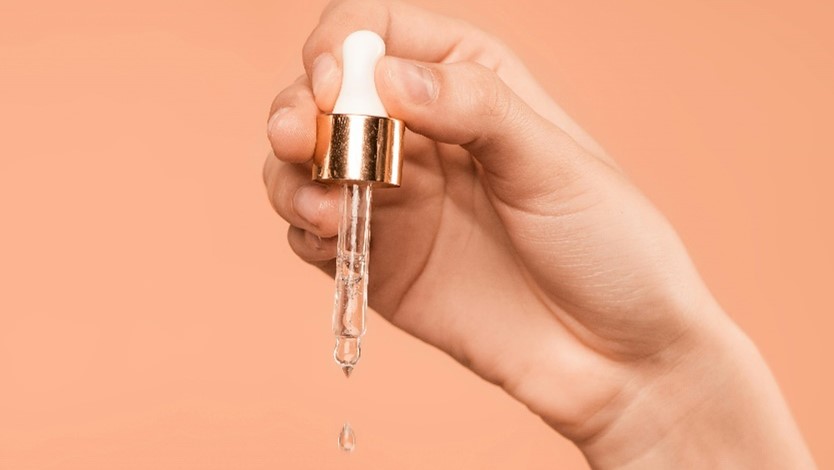
Conclusion: DHM Can Be Used in Skincare
With its outstanding antioxidant, anti-inflammatory, and antibacterial properties, dihydromyricetin has shown extensive potential for application in skincare products. Both scientific research and preliminary market applications indicate that DHM can effectively improve skin health, delay the aging process, and enhance the skin's defensive capabilities. Therefore, dihydromyricetin fully possesses the potential to be incorporated into skincare products and is expected to become one of the star ingredients in skincare in the future.
Precautions When Using Dihydromyricetin
When using dihydromyricetin (DHM) in skincare, although it has significant antioxidant, anti-inflammatory, and anti-aging effects, the following precautions should be taken to achieve the best results and avoid potential irritation or discomfort:
- Skin Testing: If your skin has not been exposed to DHM or other similar antioxidant ingredients, it is recommended to perform a patch test first.
- Sun Protection: Although dihydromyricetin itself has antioxidant protective effects, it does not provide complete sun protection. It is advisable to use it in conjunction with sunscreen.
- Compatibility with Other Actives: Dihydromyricetin is a gentle antioxidant and is generally compatible with most skincare ingredients. However, using it alongside other potent active ingredients (such as high concentrations of vitamin C, alpha hydroxy acids, retinoids, etc.) may cause skin irritation.
By following these guidelines, you can maximize the benefits of dihydromyricetin in your skincare routine while minimizing the risk of adverse effects.
Stanford Chemicals Company (SCC) has over 16 years of experience in the manufacture and sale of skin care and personal care ingredients. We offer skin care ingredient raw materials to meet a variety of skin care needs, such as Hyaluronic Acid, DHM, Panthenol, Asiaticoside, Ceramide and so on.


